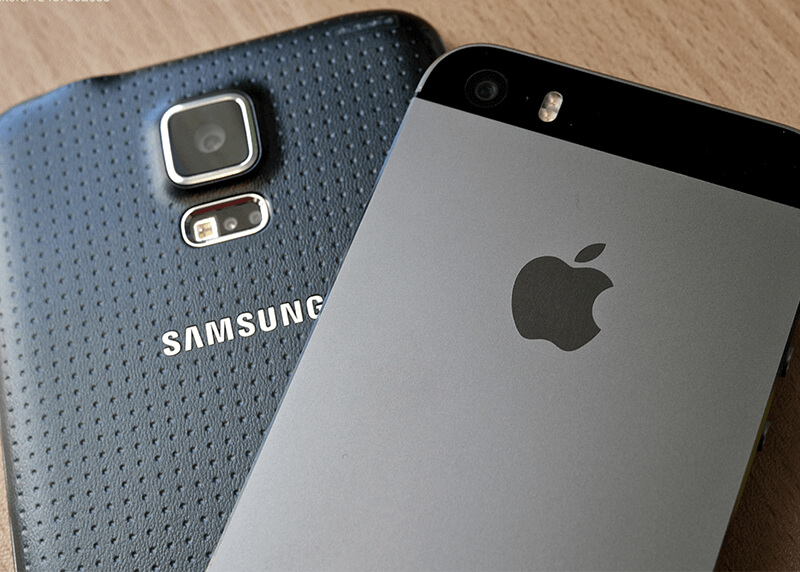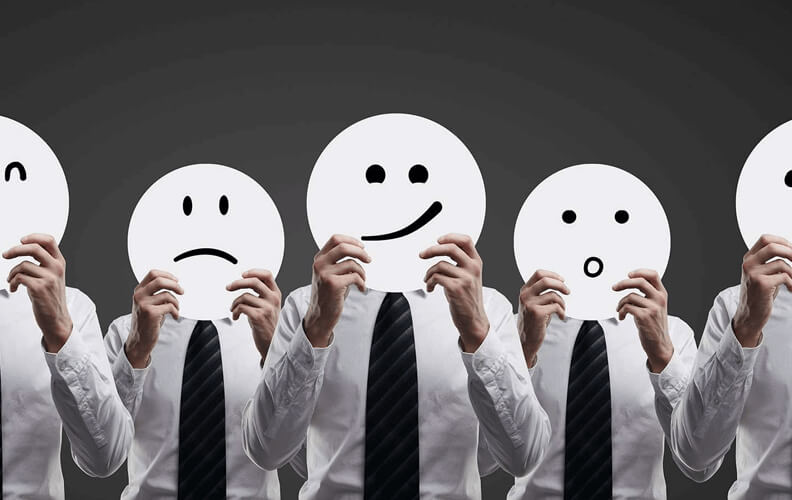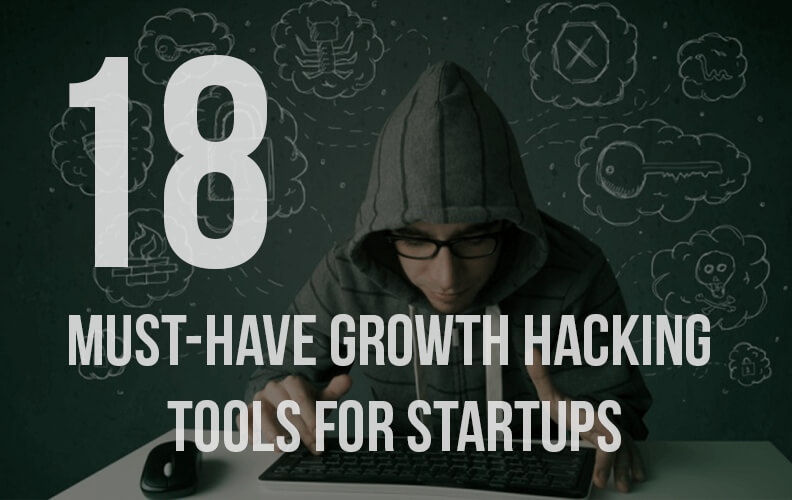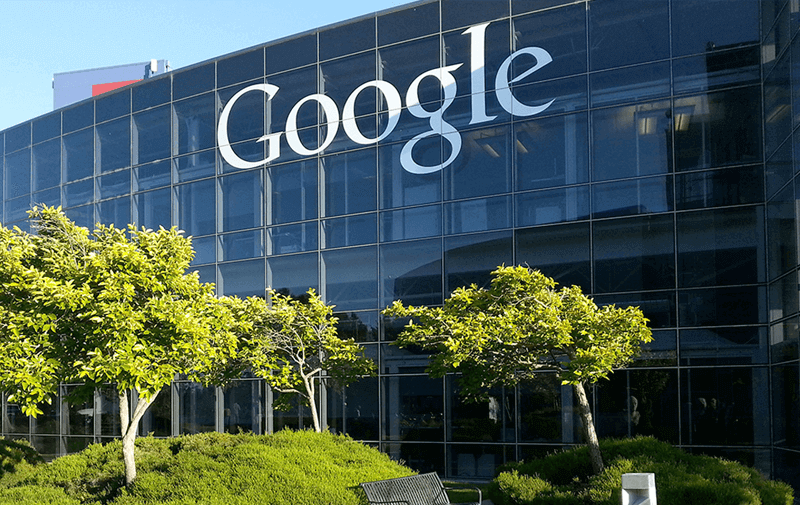As human beings, emotions are frequent companions in our lives. Every day it seems like we experience hundreds of different emotions – each distinct and specific to the physical and social scenarios we find ourselves in. According to science, it is not actually that complicated. A new study has shown that humans are only capable of 4 “basic” emotions: happy, sad, angry/disgusted and afraid/surprised. This is similar to the characters of the new computer-animated comedy-drama adventure film by Pixar Animation Studios, “Inside Out“.
Most people think that the choices they make, are the result from a rational analysis of available options. In reality, emotions greatly influence and, in most cases, even determine our decisions.

Decisions Are Emotional, not Logical – The Neuroscience behind Decision-Making
Research in the last few decades has provided a new perspective to the science behind decision making. Theories have suggested that emotions play an important part in decision-making. As we all know, decision-making is a mental process where the outcome is a choice between different alternatives or options. When we use logic to make decisions, we aim to exclude emotions, using only rational methods. The key to such decision making process is the principle of assessing each option by assigning criteria (often weighted). However, more often than not we do not make decisions based on such logic. The most common emotional decisions may use some logic, but the main driving force is due to emotions, which either override logic or use a pseudo-logic to support its emotional choices. For most people, they start with logic in their decision making process, and then use emotion in the final choice.
For instance, when we want to purchase a new phone, we usually do our own research by weighing the specifications of different phone brands and models. However, at the point of making the decision to buy, we usually rely on on-going promotions. freebies, the product knowledge and professionalism of the salesperson, product reviews, peer recommendations or even your past experiences on the product. All emotional factors which give us the “extra push” to make the final decision.
When dealing with people, remember you are not dealing with creatures of logic, but creatures of emotion.
Dale Carnegie
Top Brands Connecting Emotionally with Consumers
One of the main reasons why consumers prefer certain brands or even becoming their loyal customers is also due to emotions. After all, many products that are made available in the market, have several other alternatives with the same ingredients or specifications, but selling at a cheaper price. Even when knowing this fact, consumers still choose to pay more for brand name products. Ever wonder why is this so?
A top brand has the power in the marketplace as it creates the emotional connection with their consumers. A brand is nothing more than just the represented value of that product in the consumer’s mind. If the represented value only consists of attributes, features, and other information with no emotional connections to influence consumer preference and action. Then, a brand with a richer emotional content will more likely make connection with its consumers and turn them into loyal customers. For brands, the most important role of emotions is that they push consumers towards certain desired actions. For example, consumers are compelled to do something, in response to an emotion. Or consumers want to buy a certain brand because of some emotional triggers.

Over the years, marketers have developed many theories about why consumers buy or how certain actions trigger the response of the consumers. But most of these err by looking at the consumer through the lens of the product or even through digital technology. This means that marketers start with the features and benefits of the product and conduct their market research to find about needs and motivations. However, this approach or research misses out the emotional part of the consumers that is extremely important in the decision-making process.
What Should Brands Do?
At the point of decision, emotions are very important for choosing between alternatives. In fact, even when we believe our decisions are logical, the very point of choice is always based on our emotions. And this is something that as human beings, we cannot take away from our mind and our heart. In many situations, if our mind is overloaded with information, too many priorities and no time to analyse or debate, there is a significant chance that the emotional brain will overrule the rational brain.
Brands should learn to understand their target market both rationally and emotionally, in order to target them more effectively and efficiently. In this way, brands are able to connect to their consumers, thus increasing their sales and brand loyalty.
If people believe they share values with a company. They will stay loyal to the brand.
Howard Schultz (CEO of Starbucks)





